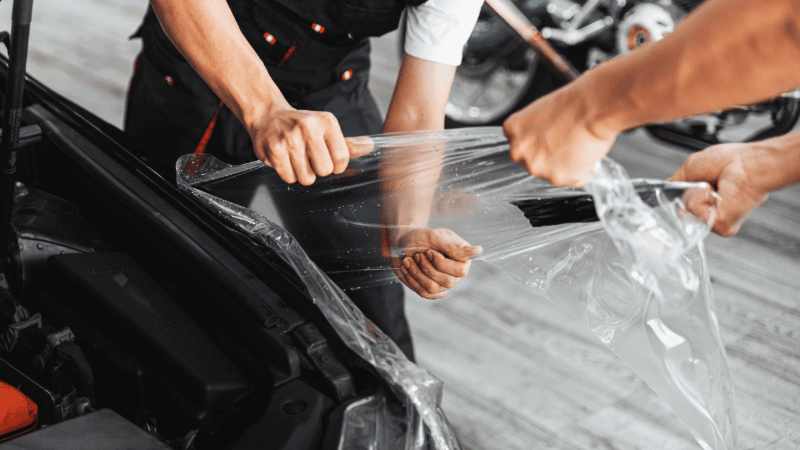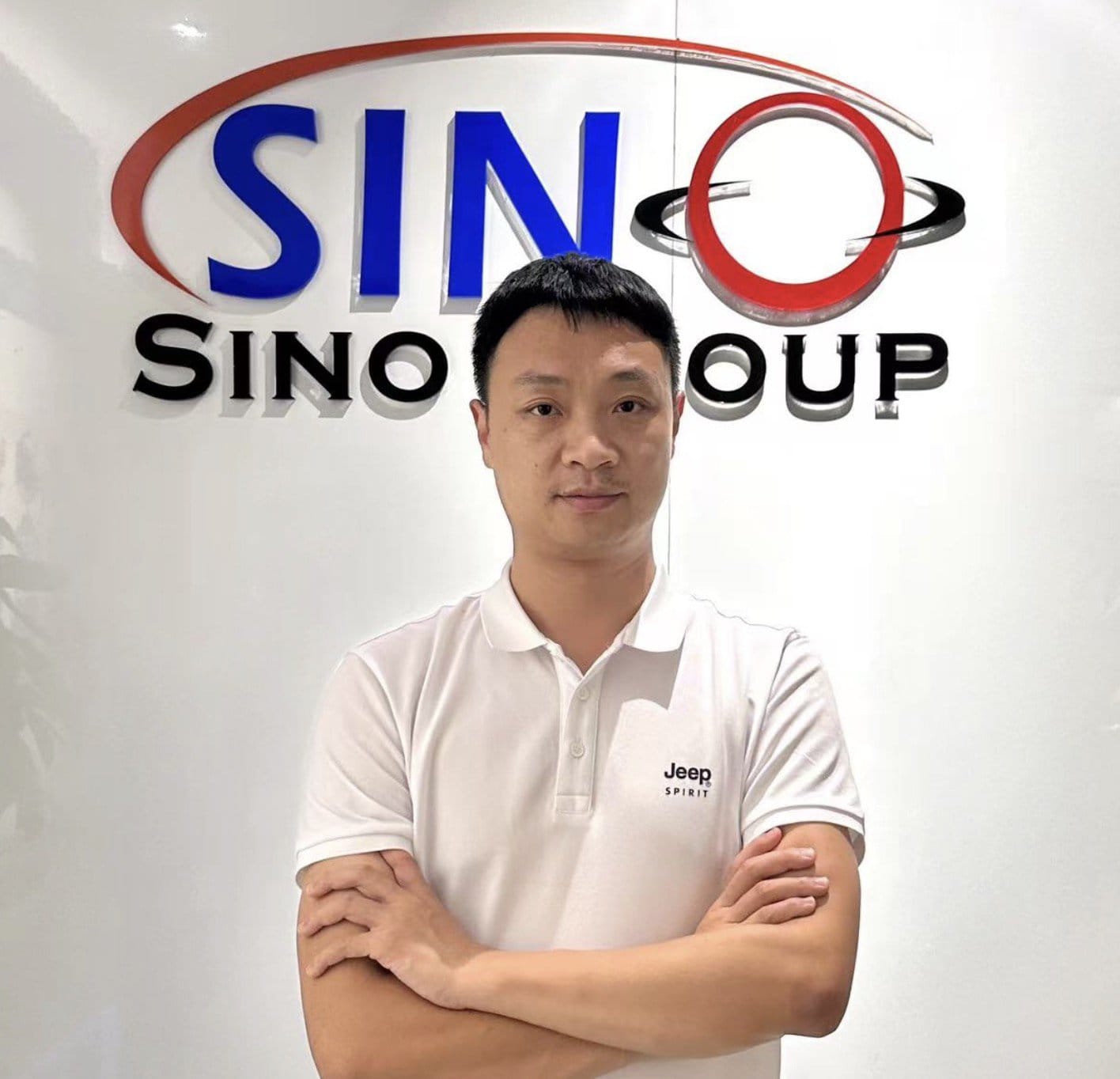Just bought your dream car and want to protect it from scratches, chips, and environmental damage? Paint Protection Film (PPF) offers excellent exterior protection. This article breaks down the costs, factors affecting prices, and helpful tips for choosing the right brand. Let’s dive in!
What Are Paint Protection Films?
Paint protection films are transparent, durable sheets made from polyvinyl chloride (PVC).
Tightly attached to the body of your entire vehicle, PPF serves as a shield for your paint job against everyday wear, minor abrasions, sharp objects, UV damage, and, in some cases, bird droppings.
If you have been looking for a way to maintain the pristine appearance of your vehicle, PPF offers maximum coverage for vulnerable areas against the rigors of daily use.

Factors Affecting the Cost of PPF
The cost of PPF installation depends on several factors:
Vehicle Size and Complexity: The larger the vehicle, the more PPF material is required. Wrapping big bodies or complexly shaped cars incurs additional costs as more material is used to cover them.
PPF Quality and Features: PPF products with premium quality and advanced features, such as self-healing properties and enhanced UV protection, come at higher prices.
Coverage Area: PPF costs vary based on whether you opt for a full car wrap or a partial front coverage. As expected, a full car wrap will require more PPF materials, leading to higher costs.
Installer Expertise: Professional installers with well-established businesses may charge higher service fees, which makes the overall cost of paint protection film installation high.

PPF Installation Packages and Their Prices
Paint protection film comes in various forms depending on the level of coverage you are seeking for your vehicle. And you must know the key factors affecting the cost of PPF. Some of the common packages and their prices include:
Full Vehicle Protection: This is the most comprehensive package, protecting the entire exterior, except the roof, in some cases. It typically suits high-end and luxury vehicles and currently costs around $5000.
Track/Highway Package: Taking it a step further, track paint protection film offers more extensive protection. The PPF material covers the rocker panels and other high-risk areas. Depending on the car’s size and dimensions, the track package can cost between $2800 to $4000.
Partial Front Package: This wrap covers only specific areas, such as the hood, bumper, or side mirrors. It is the go-to choice for basic protection film and currently costs $600 to $1500.

Full Front End Package: Ranging between $2000 to $2500 on the market, this package protects the front bumper, hood, and fenders from stone chips, rock chips, road debris, and collision impact.
DIY PPF vs. Professional Installation
There has been an age-long debate in the car wrap community between DIY enthusiasts and professional installers.
While DIY PPF installation gives that personal touch, professionally installing PPF can offer superior protection for your vehicle’s exterior.
Professional Installation: This is the default choice for many car owners looking for a long-term protective solution.
- Advantages:

- Flawless Finish: With professional installers, you can rest assured that they have the skills and equipment to apply the PPF seamlessly, ensuring no bubbles, wrinkles, or a bad job. Especially for commercial fleets, such professional installations can protect the vehicles’ surface better and make your clients satisfied with their good appearance.
- Warranty options: Many professional service providers offer warranties for their work. This means you can always return for touch-ups and repairs when necessary.
- Access to Premium Materials: Professional installers, especially the best PPF manufacturers, have eyes for the best PPF materials in the market, which may not be available to DIY installers.

2. Challenges:
- Higher Price Point: The professional installation process costs more due to labor fees and premium materials. Depending on the level of expertise and coverage package, professional installations can cost up to $8000.
- Time-consuming: Due to the number of clients they attend to, professional installers require booking ahead, consultations, and a waiting period to wrap your car.
DIY Application:

If you are looking for a way to install PPF while saving money, DIY is the way to go. With just $200 to $1000, depending on the car size or coverage, you can acquire the best protection for your vehicle.
- Advantages:
- Cost Saving: DIY installation significantly costs less as you pay no consultation or service fees. All you have to worry about is the initial cost of purchasing the PPF materials.
- Flexibility: You can work on the installation at your own pace and customize it as you wish.
- Learning Opportunity: This method is ideal for DIY enthusiasts who enjoy trying new things. It is a chance to gain hands-on skills and even monetize them in the long run.
2. Challenges:

- High-Risk Error: A mistake in the installation can lead to bubbles, creases, or peeling edges, affecting the intended protective benefits and aesthetics of the car.
- Tools and Precision: Proper PPF installation requires specialized tools and experience to achieve a flawless result. Professional installers have this edge over the average layman.
- No professional warranty: Any mistakes made while applying PPF to your car are on you. You stand the risk of incurring additional costs where reapplication is needed.
Tips for DIY success:

- Invest in high-quality PPF kits. Preferably pre-cut designs.
- Watch installation tutorials on well-established channels for practical tips.
- Practice first on smaller sections or less visible parts of the car.
- Work in a clean, dust-free environment to avoid dirt getting under the film.
- Read our step-by-step guide on car wrapping.
Is PPF Coating Worth the Price?
PPF coating has been around for decades, which speaks to its efficiency in providing superior protection for vehicles. Individually, your usage and aesthetic goals will determine the worth of PPF coating.
Whether paint protection film is worth the investment depends on your priorities, vehicle usage, and long-term goals for maintaining your vehicle’s resale value and appearance.

If you have been reluctant to get one, here are some factors that might convince you:
Long-Term Financial Benefits: PPF coating can save money in the long run by reducing the need for excessive paint repairs or touch-ups. You can enjoy the long-term benefits of PPF. Repainting a car can range from $1000 for partial touch-ups to over $10000 for high-end vehicles or full-body repainting. PPF helps to prevent accidental damage that might require repairs. On the other hand, cars with well-maintained exteriors fetch higher resale values prices in the long run.
Durability and Longevity: PPF can last over a decade and at least 5 years, depending on the quality and maintenance. Its impressive resistance to peeling, yellowing, and cracking makes it a reliable long-term solution for paint protection. And it is definitely a smart investment for fleet managers to save costs in the long run.
Superior Protection: PPF offers unmatched defense against everyday damage, such as rock chips on gravel roads, environmental damage from UV rays and oxidation, and harsh weather. Unlike ceramic coatings, which primarily enhance gloss, PPF provides a physical barrier against physical damage.

For anyone who prioritizes paint preservation, especially for luxury and frequently used cars, PPF coating is definitely worth the price. The protective qualities combined with the potential savings PPF brings make it an excellent choice for car enthusiasts and everyday drivers.
Ideal Candidates for PPF
- Drivers in Harsh Climates: Gravel roads, snow, and extreme sun exposure can wreak havoc on paint, making PPF an essential investment.
- High-Mileage Drivers: Frequent drivers encounter more road hazards, increasing the likelihood of paint damage.
- Luxury or New Vehicles: High-end cars benefit significantly from maintaining their flawless appearance. So, if you have just bought your dream car, you should definitely get a PPF wrap.

How to Buy PPF Without Breaking the Bank
The ultimate tip to choosing the perfect PPF product is finding the best quality possible for your price range. Here’s how to make the right decision within your budget:
Determine your coverage needs: The level of protection you desire will significantly impact your costs. The fuller the coverage, the more PPF material required, leading to higher costs.
Evaluate the film quality: Not all PPF is made equally, and the type you choose can affect the outcome of the car wrap. Standard PPF products offer basic protection against scratches and chips, while premium ones provide features like self-healing, hydrophobic properties enhanced UV resistance.
Decide between DIY and professional installation: Your budget will also influence your approach. While DIY kits are cheaper, professional installations ensure a flawless finish and often come with warranties.
DIY kits are Ideal for partial coverage or smaller sections, with costs ranging from $200 to $1,000. Professional Installation is best for full-vehicle coverage or luxury cars, with prices starting at $600.

Compare Quotes: prices can vary significantly between installers and locations. Take your time to shop around and request quotes from multiple certified PPF professionals.
Ensure the quotes specify the type of film and coverage area to make accurate comparisons.
Look for Cost-saving tips:
- Take advantage of seasonal discounts or promotional offers from installers.
- Select a trusted but affordable PPF brand such as CARLIKE® that balances quality and cost.
- Opt for partial coverage in high-impact areas if full coverage isn’t within your budget.
Maintenance and Longevity of PPF
Aside from the quality of the product, PPF coating can last up to 10 years with the right maintenance culture. Here are detailed guidelines for maintaining PPF and ensuring it lasts as long as possible:
Regular Washing and Cleaning

- Use Gentle Cleaning Agents: Wash your car regularly using pH-balanced, non-abrasive soaps. Harsh detergents can degrade the film over time.
- Avoid Harsh Tools: Opt for the right type of microfiber cloths or soft sponges to clean the surface and prevent scratches or scuffs on the film.
- Rinse Thoroughly: Ensure all soap residue is removed to prevent streaks or discoloration.
Protection Against Chemicals
PPF is resistant to many chemicals, but prolonged exposure to harsh substances like gasoline, tar, or bird droppings can cause damage.
- Immediate Removal: Clean these contaminants as soon as possible using a soft cloth and mild detergent.

- Avoid Solvents: Do not use aggressive chemicals or solvents, which can deteriorate the adhesive and film integrity.
Avoid Abrasive Actions
- Do Not Wax or Polish Aggressively: While some PPFs come with hydrophobic properties, applying harsh wax or polish may reduce the film’s effectiveness or cause peeling.
- Be Gentle During Detailing: When detailing your car, avoid pressure washing too close to the edges of the film, as it can lift or damage the adhesive.
Protect from UV and Extreme Temperatures
While PPF is designed to withstand UV rays and temperature changes, prolonged exposure to harsh sunlight or extreme heat may accelerate degradation.
- Use Covered Parking: Park your vehicle in shaded areas or covered parking whenever possible.

- Avoid Direct Heat Sources: Be cautious around high-heat tools like heat guns, as they can distort the film.
Replacement and Warranty
PPF is not a permanent solution, and replacement may be necessary after several years of use.
- Check Warranties: Many high-quality PPF brands offer warranties covering peeling, yellowing, or other defects, usually ranging from 5 to 10 years.
- Plan for Replacement: After the film has served its lifespan, replace it promptly to maintain your vehicle’s paint protection.

Whether you drive the latest Tesla model or a rugged off-road vehicle, PPF installation is essential to protect your vehicle from varying levels of damage. Learning how to maintain the paint protection film, in the long run, is important to get the best results.
Conclusion
In conclusion, this guide explains cost factors like the car’s size and the wrap’s type. And it evaluates PPF’s several benefits, such as durability and superior protection. It also identifies ideal candidates while sharing budget-smart purchasing strategies and essential care requirements to maximize longevity, ensuring your vehicle stays flawless.
Get Premium PPF Guaranteed with CARLIKE® Now!
Not sure where to start your PPF journey? CARLIKE® is here to help. With over 15 years of commitment to quality and innovation, we are at the forefront of the PPF industry, delivering top-notch products that suit every car wrap need.
Visit our homepage to learn more about our different products. Don’t forget to download our catalog for detailed insights. Contact us for inquiries or samples now! Protect your vehicle today—your investment deserves it!



